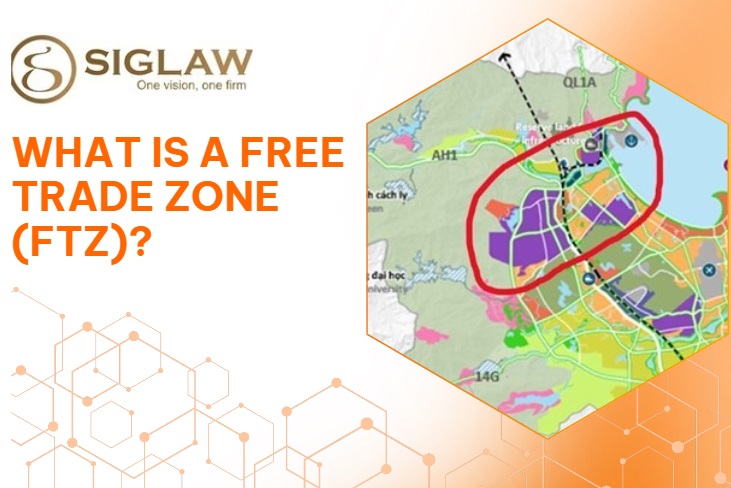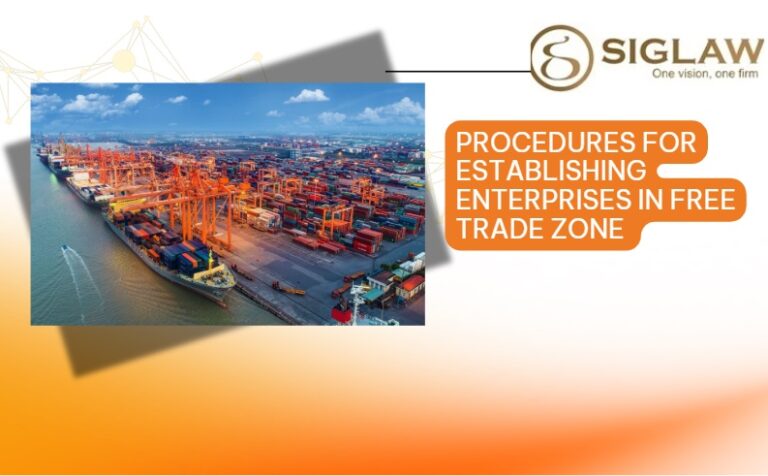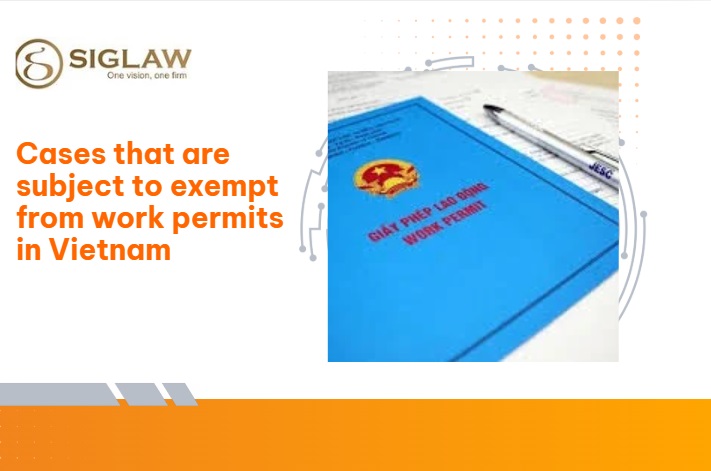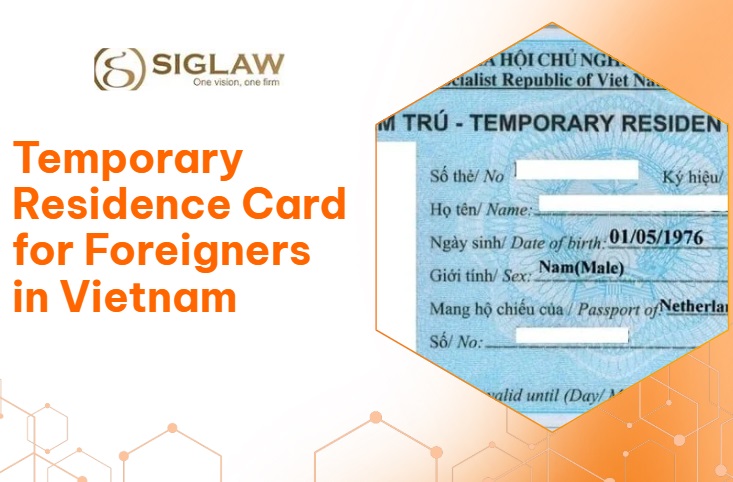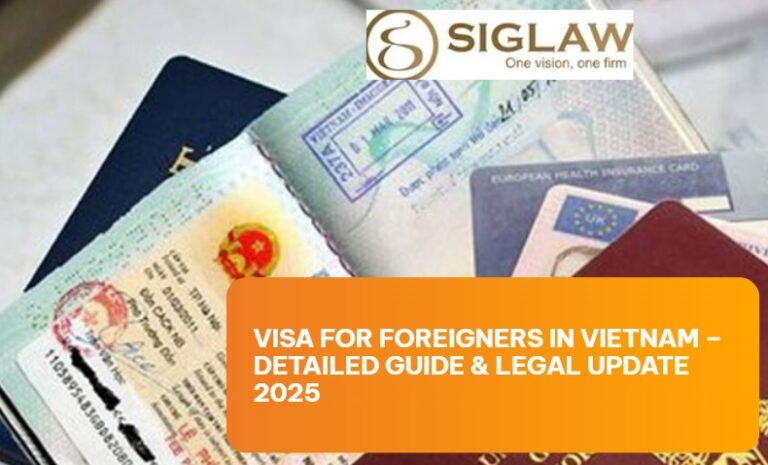COMMERCIAL MEDIATION IS AN EFFECTIVE METHOD OF DISPUTE RESOLUTION
With the development of the economy and commerce, commercial disputes are becoming increasingly common and complex. One of the options that parties choose to resolve conflicts that arise in commercial activities is commercial mediation. In this article, Siglaw will explore with you the issues related to commercial mediation.
What is commercial mediation?
Currently, the definition of commercial mediation is provided by law in Article 3, Clause 1 of Decree 22/2017/ND-CP, which states: “Commercial mediation is a method of resolving commercial disputes that parties agree to and is supported by a commercial mediator to mediate and assist in resolving disputes in accordance with the provisions of this Decree.”
Therefore, resolving disputes through commercial mediation is a method of dispute resolution that eliminates conflicts through the intervention of an impartial third party, called a commercial mediator, to seek an agreement between the parties.
The commercial mediation process usually starts with the parties proposing to use mediation and selecting a reliable and experienced mediator. The mediator will facilitate a meeting between the parties and listen to the arguments and requirements of each party. Through the process of negotiation and exchanging information, the mediator will try to help the parties reach an agreement that meets the interests of both parties.
Advantages of Resolving Disputes through Commercial Mediation
Resolving disputes through commercial mediation brings many important advantages worth noting. Below, Siglaw Law Firm analyzes these advantages in detail:
- Independence: the mediation agreement is independent compared to dispute resolution agreements that parties record in contracts. In addition, the mediation agreement does not exclude other dispute resolution methods, meaning that after mediation, if it is not successful, parties can still pursue other dispute resolution methods.
- Flexibility and customization: Commercial mediation allows parties to freely adjust the dispute resolution process according to their needs and desires. The parties can agree on the time, place, and rules for carrying out the mediation. This creates flexible conditions to find a suitable solution and reach an overall agreement.
- Time and cost-saving: Compared to resolving disputes through courts or commercial arbitration, commercial mediation is often faster and more time-saving. Mediation meetings usually take place on a flexible schedule, without the long waiting times that occur in court proceedings. This helps parties save time, effort, and legal resources. In addition, the costs for this method are also much lower than the other two options.
- Security and freedom of information: Commercial mediation is often conducted in a private and secure environment, protecting the information and privacy rights of the parties. Information and documents related to the mediation process are usually not disclosed to third parties, unless agreed upon by the parties. This creates a reliable and safe environment to share information and discuss issues freely and honestly.
- Focus on cooperative solutions: The main goal of commercial mediation is to seek solutions that are beneficial to both parties in the dispute. Instead of seeking victory or defeat, the mediation process focuses on creating a cooperative and fair agreement. This helps maintain a good business relationship between the parties after the dispute is resolved.
Limitations of Resolving Disputes through Commercial Mediation
- Lack of mandatory enforcement: The implementation of a mediation agreement depends on the voluntary participation of the parties, as the mediation agreement is not legally binding. This means that if one of the parties is not honest or cooperative, the mediation may not be successful.
- Low effectiveness in resolving disputes: Due to the lack of mandatory enforcement, parties often do not compromise. In cases where mediation is not possible, the parties may even incur additional costs for the mediation process.
- Easily distorted: Many parties take advantage of resolving disputes through mediation to delay their obligations. If the violated party does not pay attention to the time limit for filing a lawsuit, they may fall into a situation where the mediation process is prolonged, giving the violating party the opportunity to evade their obligations.
Jurisdiction for Resolving Disputes through Commercial Mediation
The jurisdiction for resolving disputes through commercial mediation can be divided into:
Legal jurisdiction:
Article 2 of Decree No. 22/2017/NĐ-CP stipulates the cases in which parties in dispute can use commercial mediation to resolve their disputes, including:
“Article 2. Scope of dispute resolution by commercial mediation
1.Disputes arising from commercial activities between parties.
2.Disputes between parties, in which at least one party engages in commercial activities.
3.Other disputes between parties as stipulated by law to be resolved through commercial mediation.
Therefore, the Commercial Mediation has jurisdiction under the law to:
- Resolve disputes between parties arising from commercial activities: This applies to disputes in which the parties involved are related to commercial activities. This includes disputes related to sales contracts, supply of goods or services, issues regarding trademarks and copyrights, disputes related to industrial property rights, investment and business cooperation issues, and many other disputes in the field of business.
- Disputes between parties in which at least one party is engaged in commercial activities: This refers to disputes in which at least one party is involved in commercial activities, while the other party may be an individual, organization, non-governmental organization, or government. This allows for the resolution of disputes between business and non-business parties, such as between a company and an individual, or between a company and a government agency.
- Other disputes between parties that the law stipulates can be resolved through commercial mediation: This applies to other disputes that the law clearly specifies can be resolved through commercial mediation. This is a broader scope and allows for the application of commercial mediation in many different types of disputes, not just limited to the field of business.
Jurisdiction granted to mediators by the parties
According to Article 3(2) of Decree 22/2017/ND-CP: “A mediation agreement is an agreement between the parties on the resolution of disputes that may or have arisen through mediation.” Therefore, in essence, mediation still originates from the agreement of the parties. Therefore, in addition to cases stipulated by law, if the parties agree to resolve disputes through mediation, the mediator will have jurisdiction to resolve that dispute.
The process of resolving disputes through commercial mediation:
The process of resolving disputes through commercial mediation involves the following steps
Step 1: Parties agree to mediate
- The mediation agreement can be established in writing under the form of a mediation clause in the contract or under a separate agreement.
Step 2: Selecting or appointing commercial mediator
- The parties agree to choose from the list of commercial mediators of the commercial mediation organization or from the list of commercial mediators for the case announced by the Department of Justice of the province or centrally-run city.
Step 3: Conducting mediation
- The parties have the right to choose the mediation rules of the commercial mediation organization to conduct mediation or agree on the mediation procedure and process themselves. The location and time of mediation are carried out according to the agreement of the parties or the choice of the commercial mediator in case the parties do not reach an agreement. The mediator proposes a settlement.
Step 4: Concluding the mediation process.
Commercial Mediation Dispute Resolution Services at Siglaw
Advantages: Siglaw is one of the leading law firms in Vietnam, with experienced lawyers, arbitrators, and experts in the field of consulting and resolving commercial disputes. We are committed to providing our clients with attentive, effective, and responsive support in the dispute resolution process.
Experience: With years of experience in the legal field, we take pride in being a specialized provider of commercial dispute resolution services, including various methods such as negotiation, mediation, arbitration, and litigation. We always update and keep up-to-date with the latest legal developments, helping clients make accurate and timely decisions in resolving disputes.
Siglaw Team: The team of lawyers at Siglaw includes highly qualified and experienced experts in resolving legal issues related to commercial disputes. We have the ability to provide the most suitable solutions to help clients resolve disputes quickly and effectively.
Cost: We are committed to providing services at the most reasonable and competitive cost. We will discuss directly with clients about the necessary costs before starting work, so that clients can better control their budgets and financial plans.
Above are some information about “Resolving disputes through Commercial Mediation” from the staff of Siglaw Law Firm. If clients still have any issues that need to be resolved, please contact Siglaw for free and quick support.
Phone: (+84) 961 366 238
Email:
- vphn@siglaw.com.vn
- vphcm@siglaw.com.vn
Headquarters: No.44/A32-NV13, Gleximco A, Le Trong Tan Street, Tay Mo Ward, Ha Noi.
Southern branch: No.103 – 105 Nguyen Dinh Chieu Str., Xuan Hoa Ward, Ho Chi Minh.
Central branch: VIFC DN – ICT Building Software Park No. 2, Nhu Nguyet Street, Hai Chau Ward, Da Nang City
Facebook: https://www.facebook.com/hangluatSiglaw


